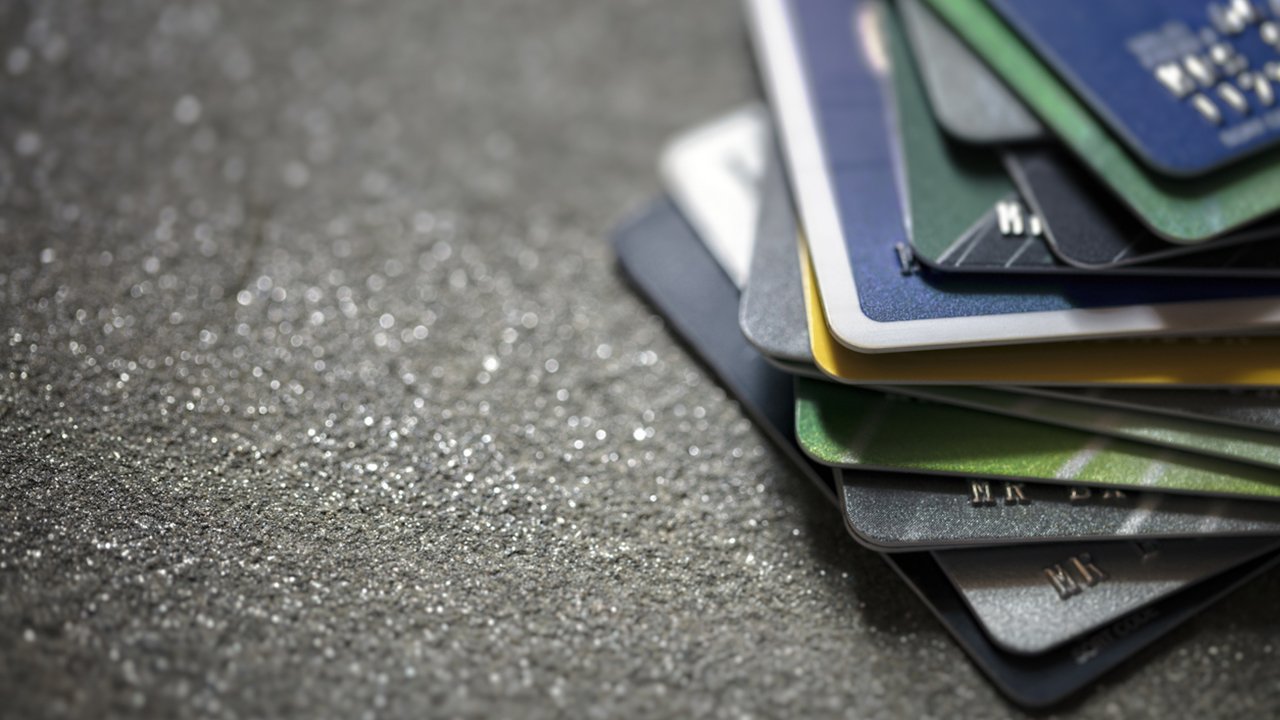Credit card expert: How to dig yourself out of debt
More than 53% of Americans say most unsecured debt is from credit cards: Report
Debt consolidation loan ‘most appealing’ way to pay off debt: Expert
U.S. News and World Report credit card expert Beverly Harzog on the best ways to pay off your unsecured credit card debt.
Digging yourself out of debt does not have to be a challenge.
However, some methods are better than others, according to one U.S. News & World Report credit card expert.
Beverly Harzog joined FOX Business' "Mornings with Maria" Thursday to detail the latest survey which revealed more than half of Americans reported they felt most of their unsecured debt is from credit cards.
Responses showed that 53% of consumers said credit cards are mostly to blame for anywhere from $10,000 to $40,000 in unsecured debt.
Though unsecured credit card debt isn’t linked to physical assets, companies can report delinquent payments and negatively impact your credit score.
GOP AND DEMS ACKNOWLEDGE GRAVE RISKS OF DEBT CEILING POSITIONS, BUT DIG IN ANYWAY
Harzog offers two options that she believes to be the "most appealing" ways to pay off your unsecured credit card debt: a debt consolidation loan or balance transfer credit card.
"[Debt consolidation loan] is a good option for someone who doesn't have fabulous credit," Harzog explained, "You might get an interest rate that's lower than what you're paying on high-interest credit card debt."
Unsecured credit card debt impacting 52% of Americans: Report
U.S. News and World Report credit card expert Beverly Harzog on the factors causing an uptick in Americans carrying unsecured debt.
She recommends balance transfer credit cards for those with a "great" credit history, as a 0% APR allows you to pay off debt in a short amount of time and saves interest.
"If you could practice mindful spending, stick to a budget and not use your balance transfer card for new purchases, because that's where people get into trouble," Harzog warned. "They use that card and then they just increase their debt. So you have to have a lot of self-discipline to make that work for you."
GET FOX BUSINESS ON THE GO BY CLICKING HERE
The number of Americans facing unsecured debt is up 42% from last year’s survey, Harzog noted.
"During the pandemic, everybody really cut back on their spending," Harzog explained. "There were limited spending opportunities and now people are spending again."






















